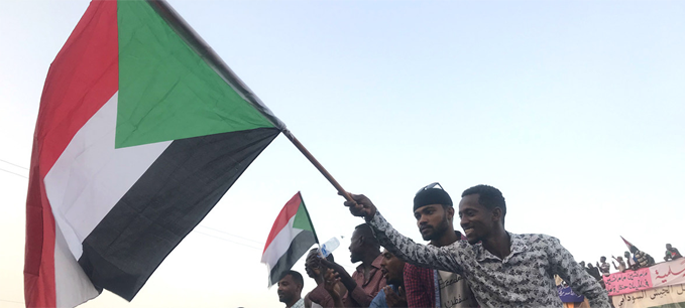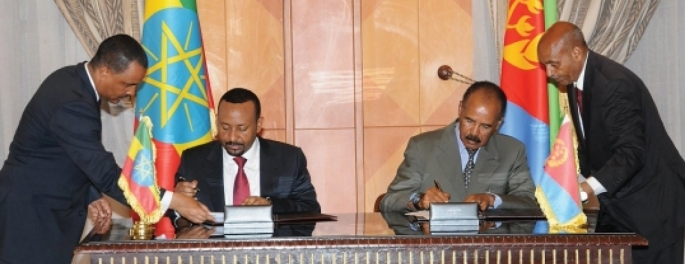
This blog post was written by Alden Young and Naomi Pendle, the Co-Directors of Studies for the Rift Valley Institute’s Sudan and South Sudan Course, which will be taking place in Ethiopia from 24-28 June 2019. Alden and Naomi will be…
Watch the trailer above to learn more about RVI’s field courses.
RVI Courses
RVI’s field-based education and training courses aim to inform key constituencies working in eastern and central Africa about the people and communities in the countries where they work. The education programme includes the Annual Field Courses on Sudan and South Sudan, the Horn of Africa, and the Great Lakes, and bespoke courses tailored for a variety of international organizations.
RVI’s first field course took place in 2004 in Kenya. Since then, the three annual courses have taken place in Burundi, Djibouti, Ethiopia, Kenya, southern Sudan and Uganda, while bespoke courses have taken place in more than 15 countries in Africa and in the UK.
RVI courses are tailored to the needs of the organizations who participate and are taught be leading experts and practitioners in the fields of political science, economics, anthropology, history, security, development, humanitarianism, policymaking, media and activism. RVI courses utilize multiple teaching formats including lectures, panel discussion, working groups, interviews and video presentations.
Researcher Training
RVI is also committed to working with researchers from eastern and central Africa to develop skills, experience, and provide mentorship as participants pursue careers in the research sector. While researchers from east and central Africa play a central role in all RVI research projects, often authoring or co-authoring reports and papers, the Institute currently manages two projects that are specifically aimed at provided training for researchers from the region. The projects are the Research Communities of Practice project (RCoP), supported by the Carnegie Corporation; and the South Sudan Women’s Research Network (SSWRN), funded by the European Union in South Sudan. To find out more about these projects please visit RVI’s projects page.
More information on our courses and researcher training opportunities can be found below:



The Ethiopian Women Researchers Network (EWNET) inaugural writing workshop series aims to not only provide women researchers with uninterrupted time for their scholarly projects, but also build a supportive academic community. The first session, entitled ‘EWNET Writes: Writing Workshop Session

On 15 April 2025, during a visit to the city of Las Anod in Sool, Prime Minister Hassan Abdi Barre officially declared the federal government’s recognition of SSC-Khaatumo (SSC-K hereafter) as a federal member state, marking an important milestone in

This study assesses conflict sensitivity practices among humanitarian, development and peacebuilding (HDP) actors in Ethiopia. It seeks to raise awareness and foster a deeper understanding of the evolving aid landscape in the country while analysing the challenges that affect conflict-sensitive